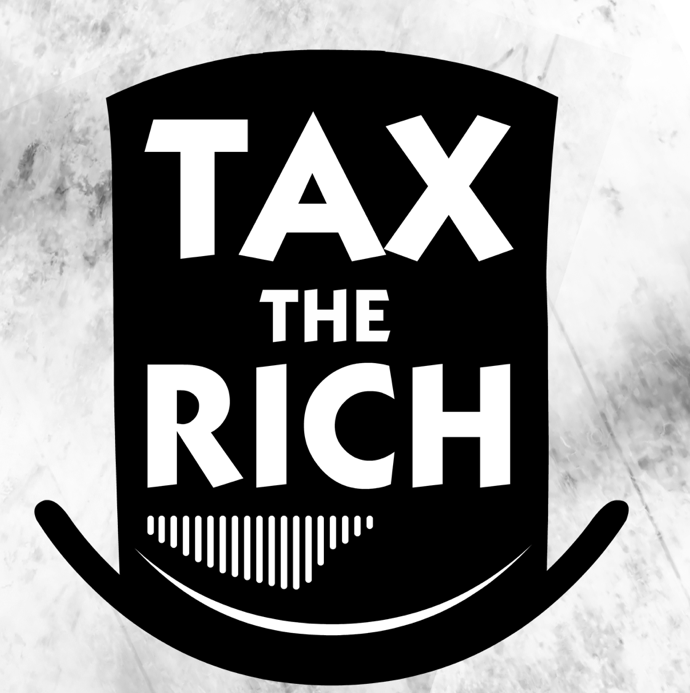Is it possible that the United States is – finally – getting serious about addressing economic inequality?
I’m not pushing this too far. The Biden Administration can’t even get Congress to agree on a $15 minimum wage. Which is a bit nuts: A $15 minimum wage is only $31,200 a year (assuming that everyone who gets it works 40 hours a week and gets paid for 52 weeks in a year). That will lift more than 1 million people out of poverty – but not much out of poverty.

During the pandemic, according to Americans for Tax Fairness, the 664 richest people in the United States saw their net wealth increase 44 percent.
Again, which is a bit nuts: Billionaires picked up an additional $1.3 trillion – almost as much as the entire national stimulus package that Biden is proposing – in just 11 months, while tens of millions of people in this country lost jobs, scrambled for food, lost housing, and endured suffering that ought to be unthinkable in the US.
Do the math: While everyone else was trying to get through the unemployment system or going to work and risking their lives, the average very, very rich person picked up nearly $2 billion in net worth.
Jeff Bezos: $76 billion richer. Bill Gates: $25 billion richer. Mark Zuckerberg: $41 billion richer.
This ought to be the number-one talking point of the Democratic Party and the Biden Administration. It’s not even a minor talking point.
But at least Elizabeth Warren has moved to impose a modest wealth tax on people who have $50 million (and a slightly larger tax on people who have $1 billion.) This isn’t a radical idea at all: Most communities in the United States use the revenue from property taxes to fund local government. Those taxes typically cover only real estate – houses and commercial buildings. But there’s no reason that property taxes can’t be expanded to cover, say, yachts and other luxury goods and stock and bond holdings and other securities.
About 60 percent of voters, including a majority of Republicans like the concept.
Meanwhile, New York is seriously considering removing the tax-break for expensive yachts, better taxing capital gains, lowering the floor of the inheritance tax, and raising taxes on the wealth of billionaires.
The governor of New York, who probably won’t be governor much longer, likes to say that if you raise taxes on rich people in New York, they’ll just move somewhere else.
We’re hearing that about California, too.
But Cristobal Young, a sociology professor at Cornell, studied more than 3 million tax returns of high earners, and concluded that the rich really don’t move:
Tax migration is not like other forms of tax avoidance. The main thing rich people do to avoid taxes is hire accountants, lawyers and wealth managers, who engage in paper games with the tax authorities. But migration is not something your accountant can do on paper for you — there is no avoiding the life disruption.
One reason the tax flight myth persists is confirmation bias. There is one-way interest in anecdotes about elite migration. When New Jersey billionaire David Tepper moved to Florida, there was a media frenzy over his tax flight story. When he moved back home a few years later, it was hardly reported.
The reality is that most millionaire migration, when it happens, has nothing to do with taxes. Some 85% of these moves are tax-neutral. Most of the anecdotes we hear are quietly counter-balanced by rich people moving to higher-tax places.
So it’s starting, slowly. But as the evidence of pandemic-related economic inequality continues to emerge, so perhaps will more calls for the only solution to that inequality that really works: High taxes on the rich.





